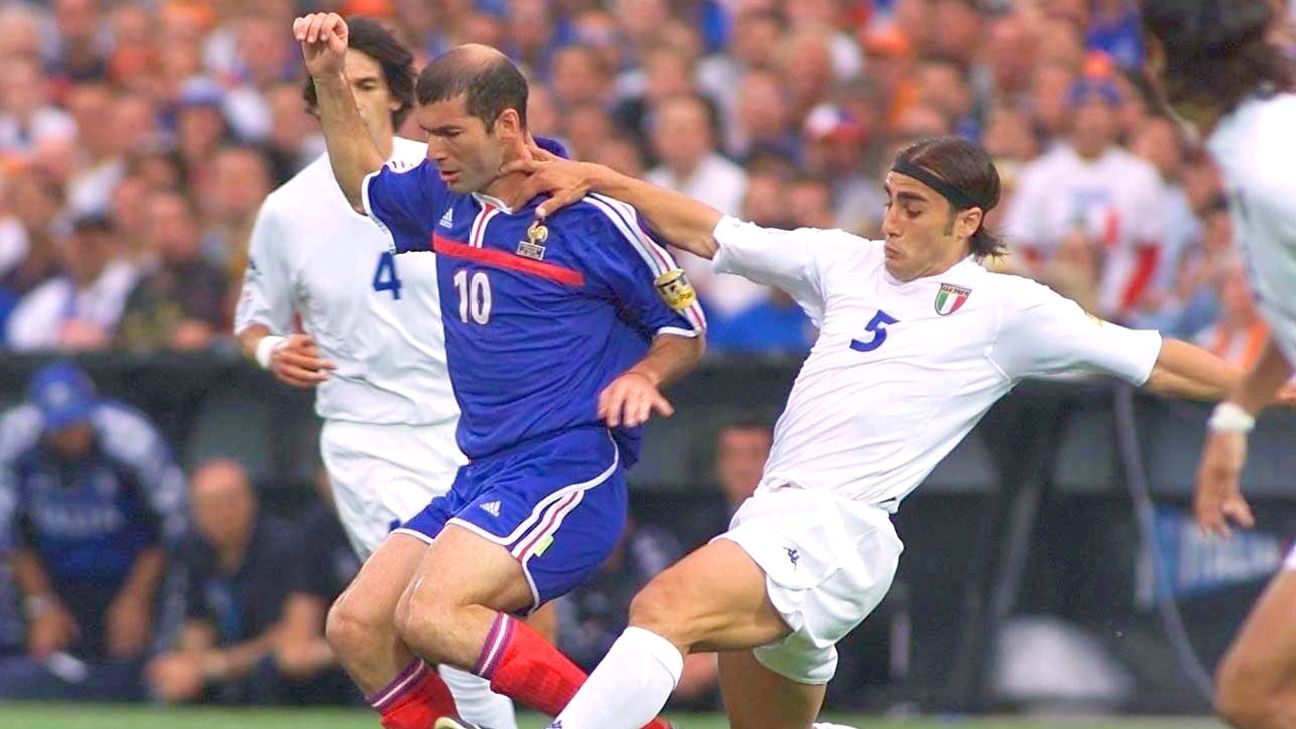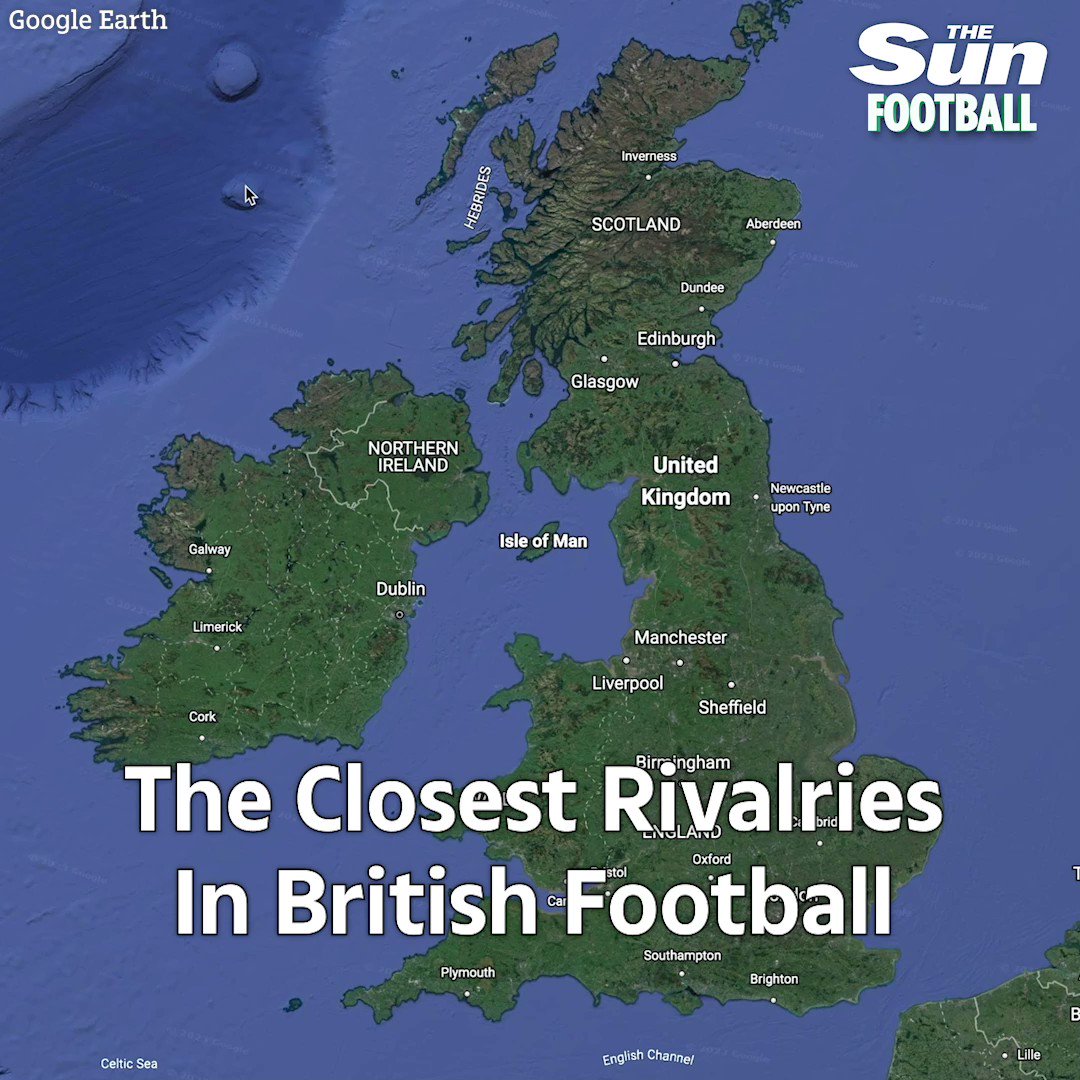“Football Rivalries in France
Related Articles Football Rivalries in France
Football Rivalries in France

French football, like its counterparts around the world, is steeped in history, passion, and intense rivalries. These rivalries, often rooted in geographical proximity, historical events, or contrasting ideologies, add an extra layer of excitement and drama to the French football landscape. They are more than just matches; they are cultural events that unite and divide communities, igniting fervent emotions and creating unforgettable moments.
The Classics: Derbies and Beyond
Several rivalries stand out as the most iconic and fiercely contested in French football:
-
Le Classique: Paris Saint-Germain vs. Olympique de Marseille
Without a doubt, Le Classique is the most prominent and highly anticipated rivalry in French football. It pits Paris Saint-Germain (PSG), representing the capital city, against Olympique de Marseille (OM), a club with a rich history and a strong working-class identity. The rivalry transcends football, embodying a clash of cultures, social classes, and regional pride.
PSG’s emergence as a dominant force in French football, particularly after its acquisition by Qatar Sports Investments in 2011, has further intensified the rivalry. Marseille supporters view PSG as an "artificial" club, lacking the genuine connection to its community that OM possesses. The matches between these two giants are always fiercely contested, both on and off the pitch, with a palpable sense of animosity in the air.
-
Derby du Rhône: Olympique Lyonnais vs. AS Saint-Étienne
The Derby du Rhône is a classic regional rivalry between Olympique Lyonnais (OL) and AS Saint-Étienne, two clubs located in the Rhône-Alpes region of France. Saint-Étienne dominated French football in the 1960s and 1970s, while Lyon rose to prominence in the late 1990s and early 2000s. This shift in power has added another layer of complexity to the rivalry.
The derby is characterized by intense passion, fierce tackles, and unwavering support from both sets of fans. The historical and cultural significance of the match makes it one of the most anticipated fixtures in the French football calendar.

Derby de la Garonne: Bordeaux vs. Toulouse
The Derby de la Garonne is a regional rivalry between FC Girondins de Bordeaux and Toulouse FC, two clubs located in southwestern France. While not as nationally prominent as Le Classique or the Derby du Rhône, this derby holds significant importance for the fans of both clubs. The close proximity of the two cities ensures a fierce and passionate atmosphere during matches.
-
Derby du Nord: Lille vs. Lens
The Derby du Nord is a regional rivalry between Lille OSC and RC Lens, two clubs located in the Nord-Pas-de-Calais region of northern France. This derby is known for its passionate and vocal supporters, who create an electric atmosphere in the stadiums. The working-class backgrounds of both clubs contribute to the intensity of the rivalry.
Beyond the Big Names: Other Notable Rivalries
In addition to the high-profile derbies, numerous other rivalries exist in French football, each with its own unique history and significance:
- OGC Nice vs. AS Monaco: A local derby along the French Riviera, marked by geographical proximity and a sense of competition between the two glamorous cities.
- FC Nantes vs. Stade Rennais: A Western Derby, with a strong historical significance rooted in regional pride and footballing traditions.
- RC Strasbourg vs. FC Metz: A derby in the Alsace-Lorraine region, often reflecting the historical and cultural tensions between the two cities.
The Impact of Rivalries
Football rivalries have a profound impact on French football:
- Increased Passion and Excitement: Rivalries inject an extra dose of passion and excitement into the game, captivating fans and creating memorable moments.
- Economic Benefits: Derby matches often attract larger crowds, generate higher television ratings, and boost local economies.
- Social Cohesion (and Division): While rivalries can divide communities, they can also foster a sense of identity and belonging among supporters.
- Player Motivation: Players are often highly motivated to perform well in derby matches, knowing the importance of the game to the fans.
The Dark Side of Rivalries
Unfortunately, football rivalries can also have a negative side:
- Violence and Hooliganism: In some cases, rivalries can lead to violence and hooliganism, both inside and outside the stadiums.
- Increased Security Measures: The threat of violence often necessitates increased security measures at derby matches, which can be costly and disruptive.
- Negative Impact on Sportsmanship: The intense emotions associated with rivalries can sometimes lead to unsportsmanlike behavior on the pitch.
Conclusion
Football rivalries are an integral part of the French football culture. They add passion, excitement, and drama to the game, while also fostering a sense of identity and belonging among supporters. While the intensity of these rivalries can sometimes lead to negative consequences, their overall impact on French football is undeniable. From the high-profile Le Classique to the regional derbies that ignite local passions, these rivalries contribute to the rich tapestry of French football and make it one of the most compelling leagues in the world.
The passion, the history, and the cultural significance of these rivalries ensure that they will continue to be a central part of the French football landscape for generations to come. Whether you are a seasoned fan or a newcomer to the sport, experiencing the atmosphere of a French football rivalry is an unforgettable experience. It’s a chance to witness the raw emotion, the unwavering loyalty, and the intense competition that make football such a beloved sport in France and around the world.

